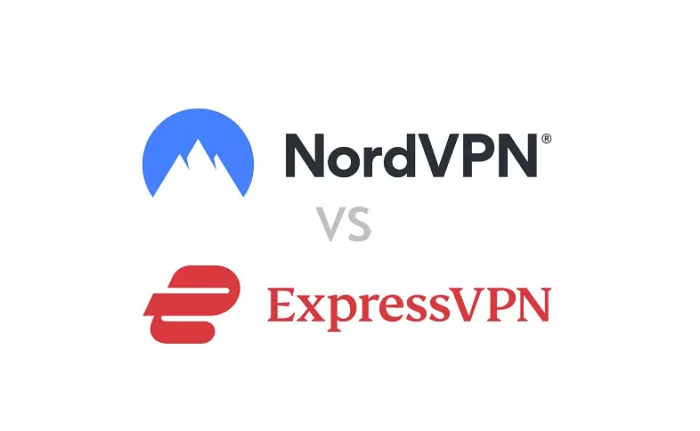When choosing a Virtual Private Network (VPN), speed is a crucial factor. A fast VPN ensures smooth streaming, quick downloads, and responsive browsing. Two leading VPN providers in 2025 are NordVPN and ExpressVPN. Both offer robust security features, but how do they compare in terms of speed? This article delves into a detailed comparison of NordVPN and ExpressVPN’s performance, helping you determine which one offers better speed for your needs.
What is VPN Speed
Before diving into the comparison, it’s essential to understand what affects VPN speed:
- Protocol Used: The method by which data is encrypted and transmitted.
- Server Load: The number of users connected to a particular server.
- Server Location: The physical distance between your device and the VPN server.
- Internet Connection: Your base internet speed without a VPN.
A good VPN should minimize speed loss while maintaining strong security.
NordVPN’s Speed Performance
NordVPN utilizes its proprietary NordLynx protocol, based on WireGuard, which is known for its high-speed performance. According to recent tests:
- Seattle: NordVPN achieved speeds up to 892 Mbps .
- Los Angeles: Speeds reached 884 Mbps.
- New York: Recorded speeds of 849 Mbps.
These results indicate that NordVPN can maintain high-speed connections across various locations.
ExpressVPN’s Speed Performance
ExpressVPN employs the Lightway protocol, designed for speed and reliability. Recent tests show:
- Seattle: ExpressVPN reached speeds of 755 Mbps.
- Los Angeles: Speeds were 636 Mbps.
- New York: Recorded speeds of 613 Mbps.
While ExpressVPN offers solid performance, its speeds are generally lower than NordVPN’s in similar tests.
Comparative Analysis
| Location | NordVPN Speed | ExpressVPN Speed | Difference |
|---|---|---|---|
| Seattle | 892 Mbps | 755 Mbps | +137 Mbps |
| Los Angeles | 884 Mbps | 636 Mbps | +248 Mbps |
| New York | 849 Mbps | 613 Mbps | +236 Mbps |
These figures suggest that NordVPN consistently outperforms ExpressVPN in terms of speed across various locations.
Factors Influencing Speed
Several factors can influence VPN speed:
- Server Load: High traffic on a server can reduce speeds.
- Encryption Protocol: More robust encryption can lead to slight speed reductions.
- Distance to Server: Greater distances can increase latency and reduce speeds.
- ISP Throttling: Some ISPs may intentionally slow down VPN traffic.
Both NordVPN and ExpressVPN have measures to mitigate these factors, but NordVPN’s infrastructure appears more optimized for speed.
Real-World Usage
In real-world scenarios:
- Streaming: NordVPN’s higher speeds ensure smoother 4K streaming without buffering.
- Gaming: Lower latency with NordVPN provides a more responsive gaming experience.
- File Downloads: Faster download speeds with NordVPN reduce waiting times.
While ExpressVPN also offers good performance, users may notice slight delays in these activities compared to NordVPN.
Conclusion
In 2025, NordVPN generally offers faster speeds than ExpressVPN, making it a better choice for users prioritizing speed. However, ExpressVPN remains a reliable option with solid performance. Your choice may depend on other factors like server locations, pricing, and additional features. Consider your specific needs and preferences when selecting the VPN that best suits you.


